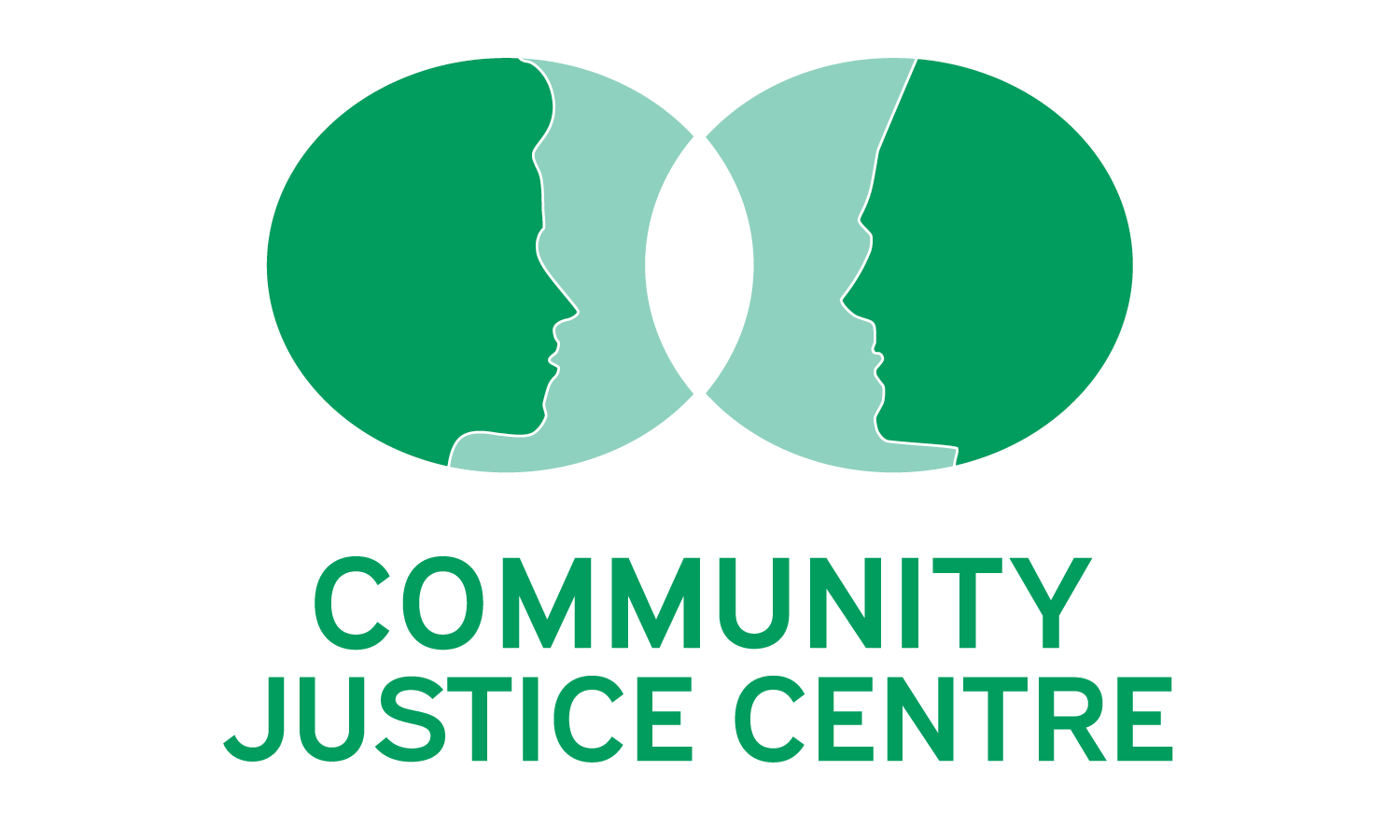
Frequently Asked Questions
-
Restorative Justice is an approach to dealing with conflict and crime that allows the person who caused the harm, people who were affected by the harm, and the community to create a meaningful solution. Restorative Justice treats crime as a violation of relationships. The focus is not on punishment, but on addressing the obligations resulting from the harm, with a view to putting things as right as possible.
Restorative Justice prioritizes holding wrongdoers accountable. To participate in restorative practices, people who have caused harm must acknowledge their wrongdoing and consent to meeting the people they have affected. By witnessing first hand the distress of those harmed, wrongdoers are given the opportunity to grasp the true consequences of their actions and make amends. The process can result in the person harmed granting forgiveness, but forgiveness is not the goal. The aim of restorative justice is to acknowledge the harm, to right the wrongs (to the extent possible) and to contribute to a society that promotes equity and honours the dignity of all human beings.
-
The Community Justice Centre accepts referrals for the following harms:
Shoplifting; Theft; Minor assault; Fraud (including ICBC claims); Bullying; Vandalism; Arson; Possession of illegal substances; Indecent exposure; Neighbour vs. neighbour disputes; Opportunistic breaking and entering without violence or damage.
-
We offer conflict resolution and community peacekeeping. We do not provide conflict resolution services in the case of marital breakdown, divorce, child custody, or division of assets matters.
-
No one is obliged to participate in resolution conferences. In fact, a condition for participating in resolution conferences is that all parties do so voluntarily.
-
The Community Justice Centre accepts referrals from RCMP and Crown Counsel; Department of Fisheries and Oceans; Department of Conservation; municipal and regional bylaw officials; the school district; community and not-for-profit organizations; neighbours; and other community members looking for meaningful responses to harmful actions.
-
Yes. We take your privacy seriously and will never disclose any details about your case. This applies to all CJC staff and volunteers as well.
-
Our services are free.
-
No. Based upon participant values and the needs of those impacted, a restorative approach can be applied to various situations in different ways. Rather than a specific model or procedure, it is an adaptable practice adhering to fundamental guiding principles.
-
While we cannot make that decision for you, we can speak to the transformative experience that many of those affected by harm have undergone thanks to Restorative Justice.
In our experience, many people affected by harm feel that their needs are not addressed, or are only peripherally addressed, by the traditional criminal justice system. They may want the chance to have their voices heard and share the consequences of the harm. They may also want to hear an explanation for the harm they experienced, and/or receive assurances that the person responsible doesn’t harm again.
Ultimately, the choice is yours whether you would like to participate in a Restorative Justice experience. We are here to extend the invitation and facilitate a safe and respectful experience for all.
-
While we cannot make that decision for you, we have witnessed the transformative experience that those persons responsible for harm have undergone thanks to Restorative Justice.
You may feel that you’ve not been given the chance to explain yourself. You may feel guilt or shame about the event(s) and wish to apologize in person. You may feel the need to make amends for your action(s), but you’re not sure where to start. We’re here to help you take accountability for your action(s) and choose a path forward.
-
While the term ‘Restorative Justice’ gained popularity in the 1970s, many of the practices and ideas used today have taken inspiration from pre-colonial African societies and well-established Indigenous traditions of North America, New Zealand and elsewhere. Ancient practices such as dispute resolution and the reintegration of offenders form the basis of modern restorative practices. At the heart of these traditions is a commitment to reinstate peace among community members.
-
The term Indigenous Justice can refer to many things including the administration of justice within Indigenous communities, acknowledging Indigenous laws and healing processes, efforts to decrease the number of Indigenous people in the criminal justice system, the National Inquiry into Missing and Murdered Indigenous Women and Girls, and the Truth and Reconciliation Commission Calls to Action. Aspects of Indigenous justice, such as circles and other processes, have significantly influenced restorative justice practices, but the traditions are not one and the same.
Indigenous Justice has faced long-standing and far-reaching barriers. The Indian Act, and colonialism more broadly, have severely impacted the functioning of historical Indigenous legal systems by disrupting kinship, eroding oral traditions and authorizing the over-representation of Indigenous people in the prison system. That said, these systems still exist and may or may not fit within a restorative approach.
-
Yes. The following legislation contains references to restorative justice:
Canadian Victims Bill of Rights Act - Sections 6(b) and 15; Criminal Code of Canada - Section 718.2 (e); Youth Criminal Justice Act - Sections 4, 5, 10, 18 and 19; and Corrections and Conditional Release Act - Sections 26.1(1) and (2).
Canada has also supported the adoption of four resolutions on Restorative Justice at the United Nations Commission on Crime Prevention and Criminal Justice, and has endorsed the United Nations Declaration of Basic Principles of Justice for Victims of Crime which supports the provision of voluntary victim-offender dialogue.
